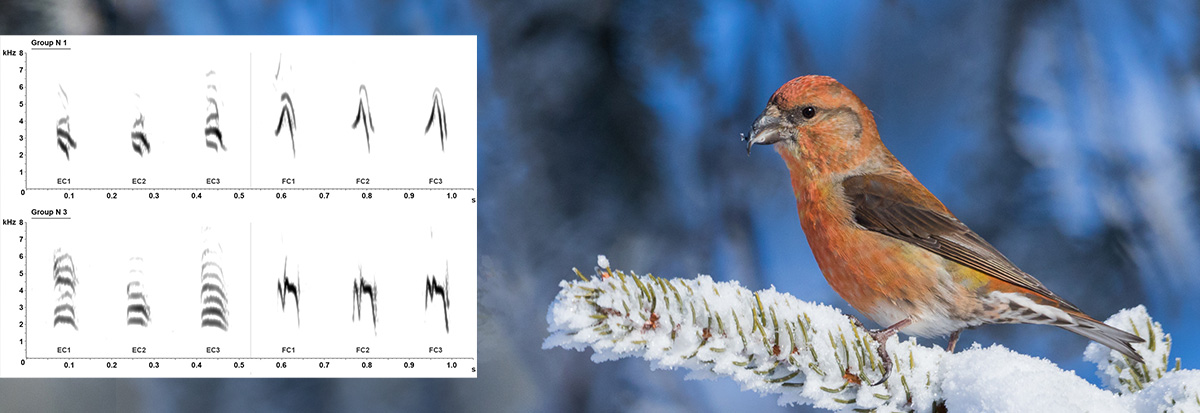Jacana
Will Jones

Yep, I'd put him as a speciation expert though and his contributions to the speciation process and his thoughts on species concepts are worth listening to, even if I don't necessarily agree with all his lines of reasoning.Geoffrey Hill who submitted the failed proposal to lump last year. I wouldn't necessarily take him as an expert, since while he has published on them, as far as I can tell this is a review paper and he hasn't necessarily done the in-field work that folks like Benkman and co do.






